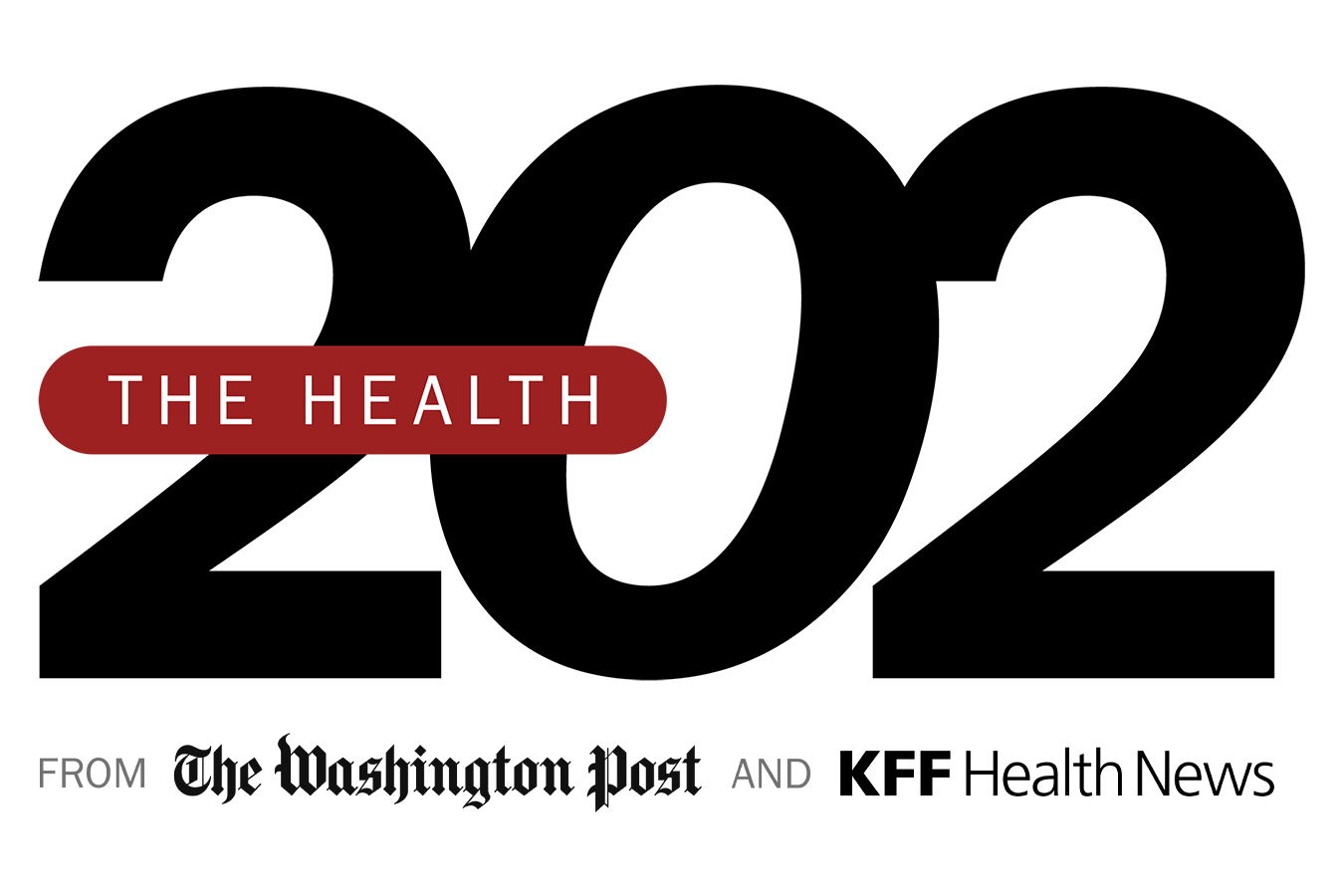There’s a long-running battle between insurers and drugmakers over financial assistance programs that purport to help patients afford expensive drugs. And lately, insurers have been losing ground as lawmakers, regulators and courts weigh in.
The issue is whether coupons and other copay aid many patients get from drugmakers should count toward annual insurance deductibles and out-of-pocket spending limits, enabling them to more quickly get fuller coverage for their medicines or other care. Insurers and employers gripe that the assistance is just a marketing ploy, intended to keep patients on costlier drugs even when cheaper alternatives are available.
But caught in the middle are people like Jennifer Hepworth of Eagle Mountain, Utah, who uses drugmaker assistance programs to pay for multiple prescriptions for herself and her daughter. Patients “are the ones losing out every time in this war between these two mega-industries,” Hepworth said.
Hepworth’s family used to be able to almost immediately hit their annual deductible by using drugmaker coupons for co-payments. By midyear, they’d hit their out-of-pocket maximum of $10,000 and no longer have any co-payments at all.
Then the insurance plan managing her husband’s employer coverage made a key change: It adopted a practice called “co-payment accumulator” that prevented those drug coupons from being counted toward deductibles.
All of a sudden, Hepworth’s family had to pay thousands of dollars out-of-pocket toward their deductible.
“Everything went on credit cards,” she said. And it took a lot longer to hit the out-of-pocket maximum.
The insurance industry says it can’t allow drugmaker financial assistance to count toward deductibles without affecting monthly premiums. It’s “a vital tool in keeping health insurance affordable,” the Blue Cross Blue Shield Association said in a recent letter to regulators.
The majority of insured people are in plans that use these kinds of programs, according to Avalere, a consulting firm. But some politicians aren’t buying it. Nineteen states now limit copay accumulator programs for some insurance plans — though not those of large employers that cover most workers..
And bipartisan legislation introduced in both chambers of Congress would require drugmaker financial assistance to be counted toward insurer deductibles and out-of-pocket limits.
Called the Help Ensure Lower Patient Co-pays Act, it would apply to most plans, including those exempt from state rules, such as those of large employers.
On top of all that, patient advocacy groups won a favorable ruling last December against copay accumulator programs in the U.S. District Court for D.C.
Carl Schmid, executive director of the HIV+Hepatitis Policy Institute, said the court decision essentially overturns a provision of a Centers for Medicare and Medicaid Services rule started late in the Trump administration that allowed insurers to expand the practice to almost any drug. Previous rules from 2020 would now be in effect, Schmid said, requiring copay assistance to count toward the deductible for all drugs for which there is no medically appropriate generic alternative available.
Even so, changes for many insured patients may take a while.
The Biden administration dropped an appeal of the decision on the Trump-era regulation in January, but it has filed motions saying that “it does not intend to take any enforcement action against issuers or plans” until regulators draw up new rules, according to Ellen Montz, deputy administrator and director of the Center for Consumer Information and Insurance Oversight at CMS.
This article is not available for syndication due to republishing restrictions. If you have questions about the availability of this or other content for republication, please contact NewsWeb@kff.org.

